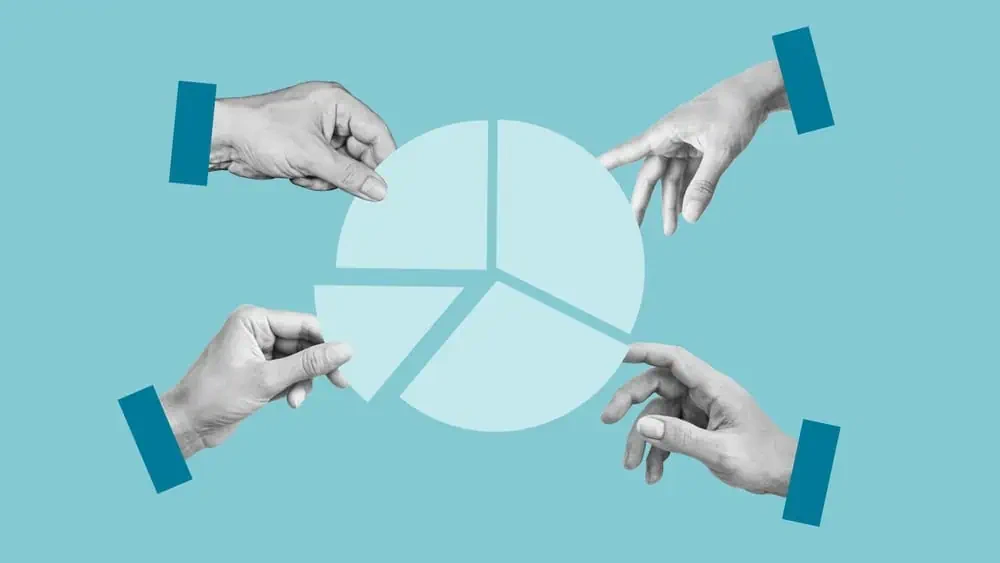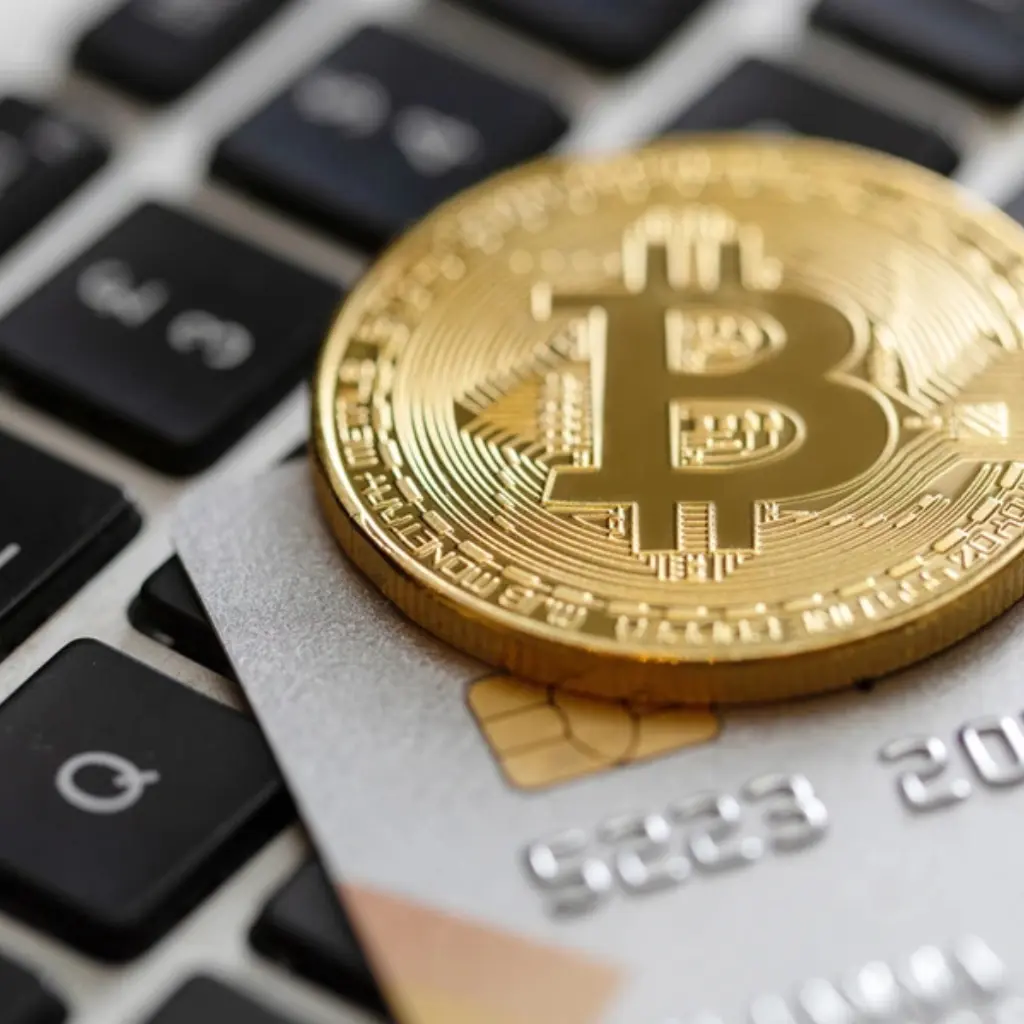So… What Exactly Are Stock Dividends?
Let’s start at square one. Stock dividends are one of those finance things that sound more complicated than they are. At their core, they’re just a way companies reward shareholders — not with cash, but with extra shares. It’s kinda like a “thank you” gift for holding onto your stock. You don’t get a check in the mail, but you do end up owning a slightly bigger piece of the pie.
Sounds decent, right? But before you dive in, it’s worth unpacking how this works, when it happens, and why it even matters in the long run.
How It Actually Work (Without the Jargon)

Alright, picture this: You own 100 shares of a company, and they declare a 10% stock dividend. What now? Boom — you get 10 more shares, just like that. No money exchanged, no fees, just…more shares.
But here’s the kicker — the value of each share usually adjusts accordingly. It’s like slicing the same pizza into more pieces. You have more slices, sure, but they’re a bit smaller.
Still, stock dividends can be great for long-term investors who believe in the company. More shares = more future growth potential. And hey, sometimes those shares do end up being worth a lot more later.
Why Do Companies Offer Stock Dividends Instead of Cash?

Good question. There are a few reasons:
- They’re conserving cash. Maybe the company wants to reinvest profits instead of paying out cash.
- They want to signal confidence. A stock dividend can show the market that business is steady and management is optimistic.
- They think shares are undervalued. By giving out more stock, they’re betting on future price gains.
It’s not always a bullish sign, though. Sometimes it’s just the most practical choice given the company’s cash flow.
Stock Dividends vs. Cash Dividends: What’s the Difference?

This one’s important. Cash dividends put money in your pocket (well, brokerage account), while stock dividends increase your share count.
Here’s a quick table for comparison:
| Feature | Stock Dividends | Cash Dividends |
|---|---|---|
| What you receive | Additional shares | Cash payment |
| Tax implications | Usually not taxed right away | Taxed when received |
| Company impact | No cash outflow | Reduces cash reserves |
| Investor benefit | Potential long-term growth | Immediate income |
Of course, it’s not always one or the other — some companies offer both, or switch it up depending on their financial health.
Always Good News?

Ehh, not always. Sure, getting more shares sounds sweet, but it depends on the company’s overall picture. If the business is struggling and can’t afford cash, a stock dividend might be a red flag.
On the flip side, if the company’s just playing it smart with their capital, it could be a win-win.
So yeah, context matters. A lot.
What Happens to the Share Price After a Stock Dividend?

Here’s where folks get confused. After a stock dividend, the share price typically drops — but not for bad reasons. It’s just math. More shares in circulation = lower price per share.
So if you had 100 shares at $50 each before a 10% stock dividend, you’ll now have 110 shares at around $45.45. Your total value? Still the same…at least immediately.
Over time? That’s when things get interesting — because future growth now multiplies across more shares.
Are There Taxes?

Usually, stock dividends aren’t taxed when you receive them — at least in the U.S. They simply adjust your cost basis, which matters down the road when you sell.
That said, always check your local tax laws. Tax codes love to change, and not all jurisdictions treat them the same.
Should You Care About Stock Dividends?

If you’re in this game for the long haul, yeah, you probably should. Stock dividends can quietly boost your holdings over time without triggering immediate taxes. And if you reinvest them wisely, you might be surprised at how much of a compounding effect they have.
That said — not all stock dividends are created equal. Some might just clutter your portfolio with odd-lot numbers of shares. And if a company keeps issuing them without real growth? It could be more smoke than fire.
So, be curious. Do your homework. But don’t write off stock dividends as boring — they might just be your secret weapon for long-term wealth.
FAQs About Stock Dividends

1. Do I need to do anything to receive a stock dividend?
Nope! If you’re a shareholder on the record date, the shares just show up in your account. Like magic — minus the top hat.
2. Do stock dividends increase the value of my investment?
Not immediately. Your total value stays the same post-dividend — you just own more (cheaper) shares. Long term? Potentially yes.
3. Can I cash out stock dividends instead of getting more shares?
Not typically. If the company issues stock instead of cash, you get more shares. But you can always sell some if you really want the cash.
4. Do all companies offer stock dividends?
Not at all. In fact, most don’t. It’s more common in certain sectors — like utilities or established tech firms.
5. Are stock dividends better than cash dividends?
Depends on your goals. Cash is great for income, stock dividends are nice for growth. Neither is “better” across the board.
6. How often do companies issue stock dividends?
It varies — some do it annually, others occasionally. Some not at all. Always check the company’s dividend history or investor relations page.
Final Thoughts: The Real Deal on Stock Dividends

In the world of investing, stock dividends are one of those sneaky little perks that can add up over time. They don’t make headlines like stock splits or massive payouts, but for patient investors, they can quietly build wealth.
Just remember — they’re not free money, and they’re not always a sign of strength. But when used wisely, they’re a solid tool in your investing toolkit.
Relevent news: Here





